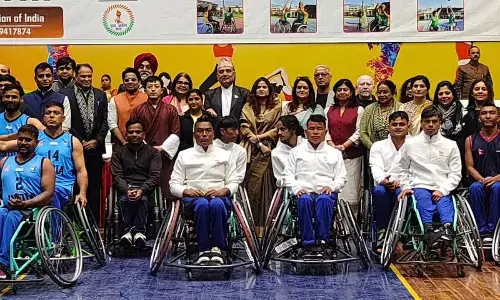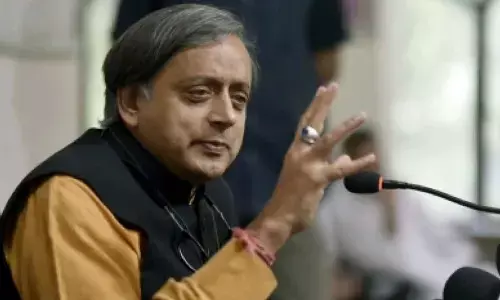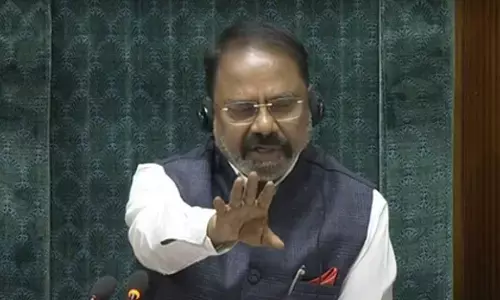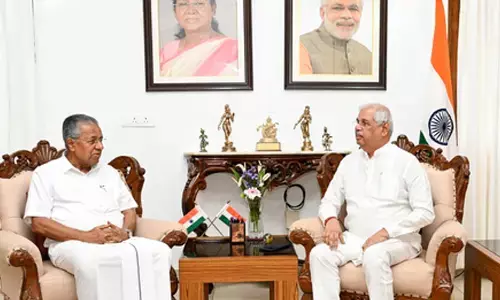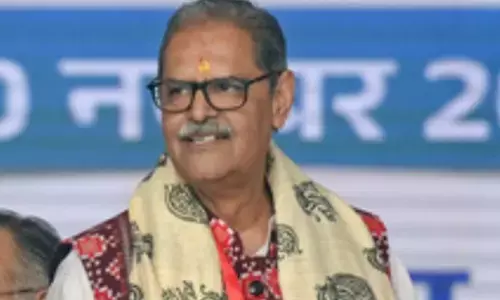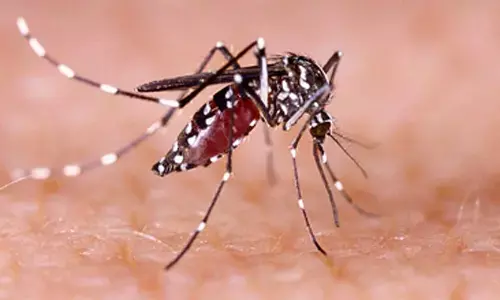PIL in Supreme Court urges harsher and deterrent punishments for NDPS
Share :
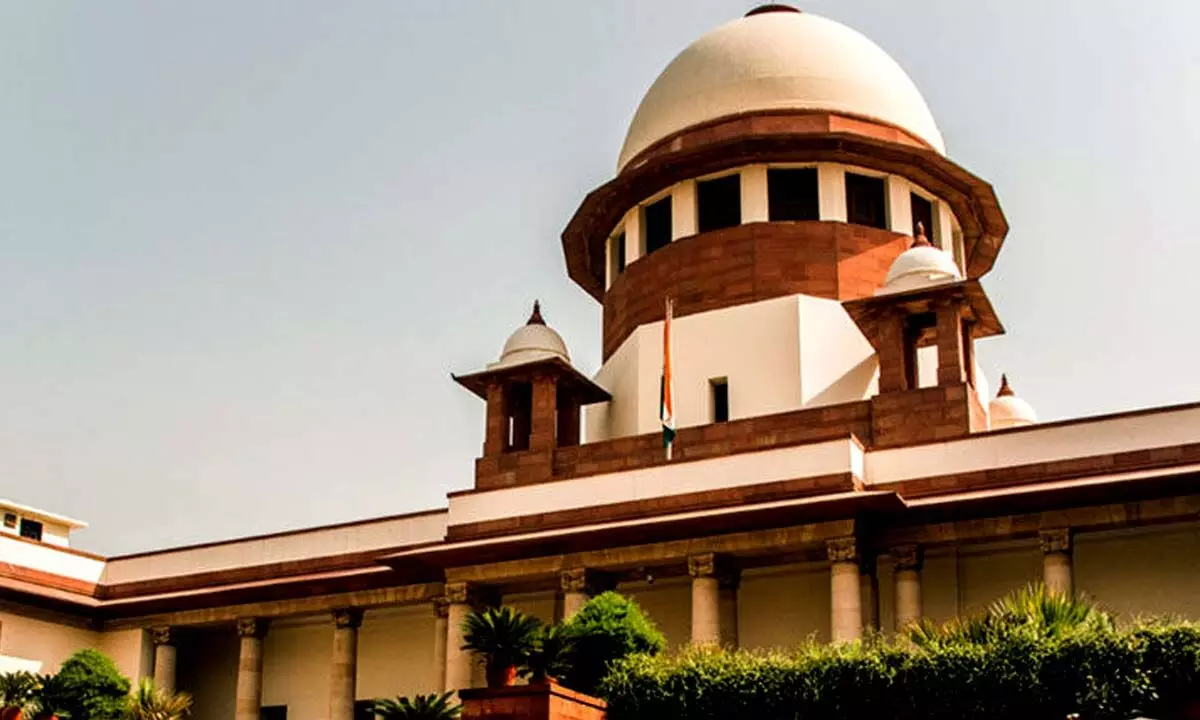
Supreme Court of India
A public interest litigation (PIL) has been filed before the Supreme Court seeking direction to the government to consider introduction of much harsher and deterrent punishments for Narcotic Drugs and Psychotropic Substances (NDPS)
New Delhi: A public interest litigation (PIL) has been filed before the Supreme Court seeking direction to the government to consider introduction of much harsher and deterrent punishments for Narcotic Drugs and Psychotropic Substances (NDPS), in the context of further possible expansion of the infamous Golden Crescent and the Golden Triangle to India, a country with four million drug addicts or perhaps more.
The plea, filed through advocate Momota Devi Oinam, seeks to address some of the nagging issues in India's legal system and flag certain administrative deficiencies in the country's fight against illicit NDPS.
The PIL refers to Article 47 of the Constitution of India, which mandates that "the State shall endeavour to bring about prohibition of the consumption except for medicinal purposes of intoxicating drinks and of drugs which are injurious to health".
In Schedule 7 of the Indian Constitution, "drugs and spirits" finds mention in Entry 19 of the Concurrent List, while "cultivation, manufacture, and sale for export, of opium" is covered by Entry 59 of the Union List, but excise duty on "opium, Indian hemp and other narcotic drugs and narcotics" is with states under Entry 51 of the State List.
“To this extent, both the state governments and the Union government have joint responsibilities in administration, control, prevention of illicit cultivation, manufacturing, processing and trading, etc. of Narcotic Drugs and Psychotropic Substances in India," the plea said.
It also said that though India is a signatory to the three UN Conventions namely, Single Convention on Narcotic Drugs, 1961, Convention on Psychotropic Substances, 1971, and Convention against Illicit Traffic in Narcotic Drugs and Psychotropic Substances, 1988, there are still niggling but major issues in implementation of the related laws.
The PIL added: "While India still struggles with the realities of the Golden Crescent and the Golden Triangle in its immediate neighbourhoods, it has witnessed widespread illicit opium cultivation, cross-border transit and trading through drones, illegal transactions through the dark web, Bitcoin etc."
It calls upon the apex court to examine whether the Union and state governments are taking adequate steps to stop expansion of the infamous Golden Triangle region to India's northeastern states and the equally infamous Golden Crescent region to India's northern states like Punjab, Rajasthan and Jammu and Kashmir.










